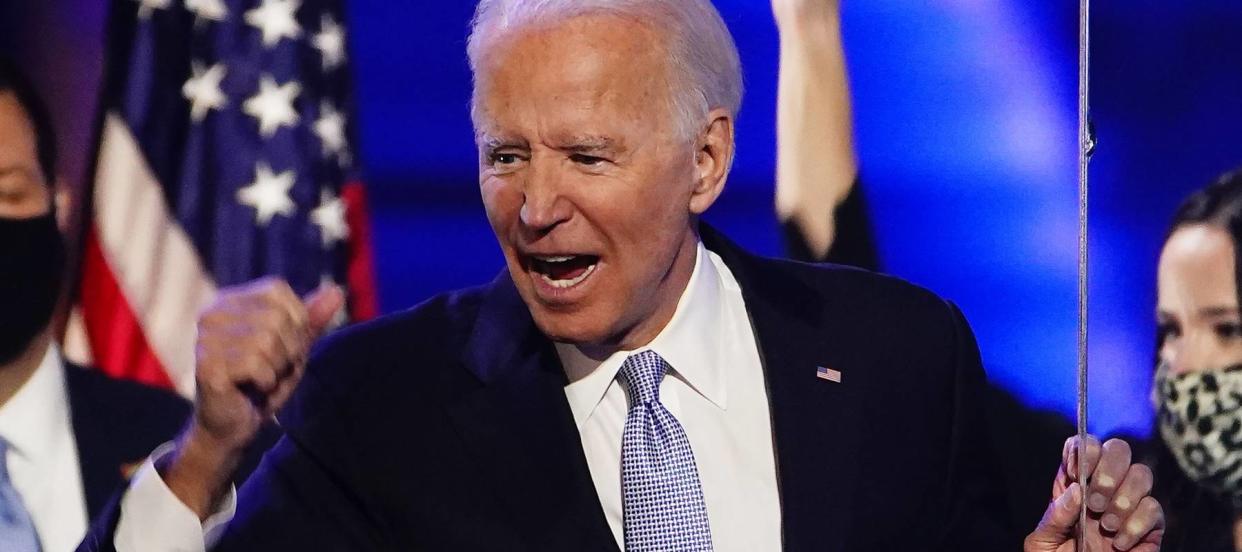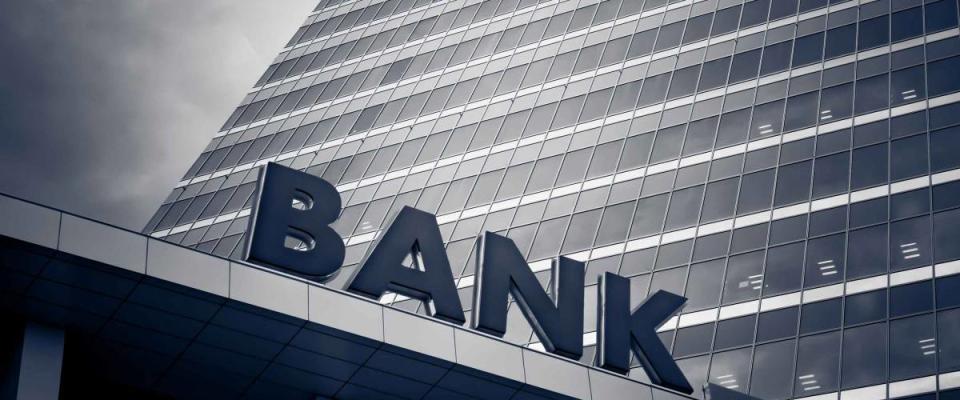Why the election could mean relief from your student loan debt

The election of a new U.S. president may bring relief to the roughly 44 million Americans who are currently struggling with student loan debt.
That’s because President-elect Joe Biden has pledged to make significant changes to student loan repayment and student debt forgiveness under his Biden Plan for Education Beyond High School.
In fact, some borrowers may even see their loans canceled for good.
Here are a few of the ways your student debt burden may change after the Biden administration arrives in 2021.
Pandemic forbearance could be extended

The current pause on federal student loan payments and interest during the coronavirus pandemic — instituted in March as part of the broad economic rescue package called the CARES Act — is set to expire at the end of the year.
Although Congress remains deadlocked on a new stimulus package, it’s possible another pandemic relief bill could be passed prior to the Dec. 31 deadline.
If not, Biden will likely try to push Congress to pass additional student loan and economic aid measures as soon as he takes office.
Even without a new stimulus package, Biden could exercise his executive power to extend the forbearance on federal student loans, much like President Trump did in March and August.
You may have more flexible repayment options
President-elect Biden has called for overhauling the current income-driven student loan repayment plans, which require that borrowers pay between 10% and 20% of their discretionary income. That’s the money left over after taxes and essential spending, like food.
Biden aims to cap income-driven repayment for federal student loans at 5% of discretionary income. And, after 20 years of responsible payments, the remaining balance on any federal student loan would be forgiven.
But that’s not all: Federal loan borrowers earning less than $25,000 per year would not be required to make any loan payments or pay interest.
Biden also plans to make enrollment in income-driven repayment plans automatic, unlike the current system that requires student loan borrowers to enroll manually.
New relief likely wouldn't apply to private student loans

At the start of the pandemic, Biden tweeted his support for having the CARES Act forgive up to $10,000 each for borrowers carrying federal student loans.
That didn’t happen. But what’s important to note is that forgiveness proposals, like that one, generally apply only to federal loans, not the private student loans obtained from banks and other nongovernment lenders.
If your loan is from a private lender and you need relief, you’ll have to pursue other options, like refinancing into a cheaper rate. Refinancing could help reduce your monthly payment, and allow you to pay off the balance of your loan years sooner.
Public service loan forgiveness could come sooner
Meanwhile, the president-elect also has vowed to fix the Public Service Loan Forgiveness program, which his plan says is “broken.”
His goal is to cut the current amount of time it takes for public servants to get loan forgiveness — after 10 years or 120 monthly payments — in half.
Under the Biden plan, it would take five years of public service to qualify for $50,000 in student loan forgiveness — $10,000 per year.
Americans working in schools, government and other nonprofit settings would automatically be enrolled in the new program, and public servants with up to five years of national or community service also would qualify.
Students may not need to borrow as much
If you’re planning to take out a student loan in the future, you may not need to borrow as much — or anything at all.
President-elect Biden supports the “free college” plan originally proposed by Vermont Sen. Bernie Sanders, which would see tuition at public colleges and universities become free for all students whose family incomes fall below $125,000.
Under this proposal, eligible students would no longer be on the hook for tuition, though they might still need student loans for other expenses, including room and board.

